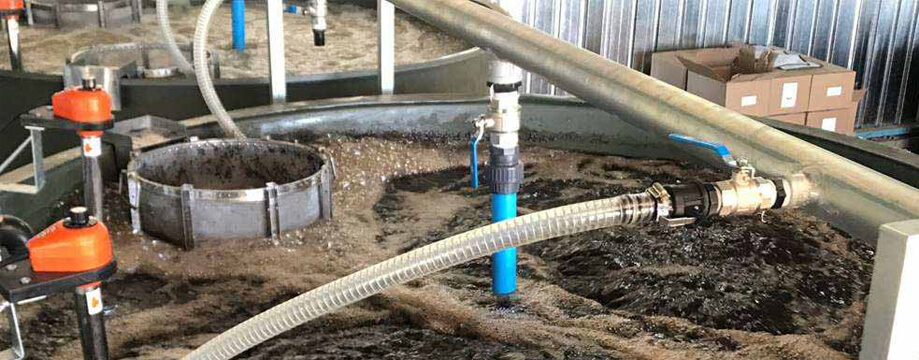Few recognise that chasing an increase in yield is not always the complete, or even desired answer. Achieving an increase in yield generally requires a comparable or even larger percentage increase in input cost. It is therefore in most instances not the solution.
The best way to escape flat market prices and rising input costs, is to increase turnover, and to reduce both the cost and need for production inputs. This is only possible if the health of your soil and its fertility is truly and continually improved.
Profit is positively correlated with the amount of soil organic matter present, not yield (1). Fertile soil is thus not only good for the environment but for your pocket too!
A properly functioning agricultural-ecosystem provides optimal yields, improves harvest quality,pack-out percentage, and the price premium the harvest commands.
The closer you follow and observe the natural principles of not disturbing the soil ecosystem, keeping the soil covered and busy, and feeding the soil microbial community, the more resilient the system will be, the greater production efficiency becomes, and the better its operational profitability. From these three core nature principles flow the benefits of improved water infiltration and moisture retention, greater nutrient and carbon utilisation efficiency, and overall superior soil fertility and productivity.
A properly functioning system does not leak nutrients but retain them in the active soil layer. Management practices should be focussed on reducing soil carbon volatilisation, disturbance of soil chemical ratios, and the microbial community in order to build the level of soil organic carbon.
Soil organic carbon strongly correlates to harvest yield, harvest quality, pest and disease resistance, and system resilience. It improves water availability and the plant’s ability to regulate its required nutrient requirements. This the plant does through attraction and regulation of the microbial community, active in its root sphere (rhizosphere), which is responsible for more than 90% of plant nutrient availability. See ‘How plants harness microbes to get nutrients’ below.
Stimulating the growth, activity, and function of the soil microbial community therefore directly benefits the crop. Good quality, reasonably mature compost and mulch, or a cover crop helps keep the soil cool and moist and the microbial community nourished.
At Ecosoil we specialise in soil health inputs such as Compost Tea, and earth-friendly soil conditioners designed to restore soil functions and thereby lowering the need for external inputs. Compost Tea reintroduces beneficial diverse microbial communities and is rich in valuable metabolites that aid plant health. It restores the balance between the aerobic and anaerobic, between beneficial and pathogenic, and it speeds up organic matter decomposition and nutrient mineralisation without loss to the environment, and reduces the need for nutrient fertiliser inputs. Join Ecosoil’s Regenerative Programme, our aim is to benefit your operation with:
- Reduced costs of farming inputs,
- Reduced reliance on external nutrient and chemical inputs,
- Reduced risk through improved agri-ecosystem resilience,
- Achieving optimal yields and premium quality, as to
- Improve farm profitability.
The above few paragraphs are meant to motivate you, and not to convince you. To convince you of the value that we and our products can add to your operation, we request that you allow us the opportunity to proof our worth.
References:
- LaCanne, Claire E. and Lundgren Jonathan G. Regenerative agriculture: merging farming and natural resource conservation profitably. PeerJ. 2018; 6: e4428.




